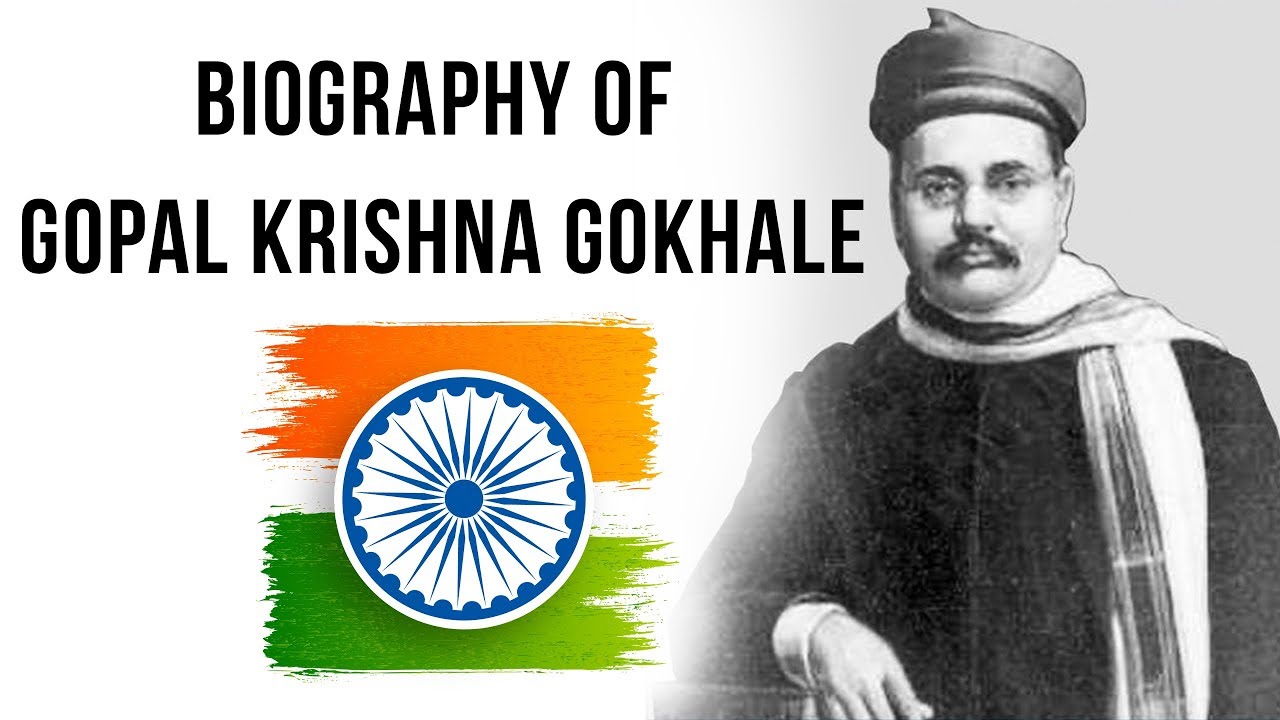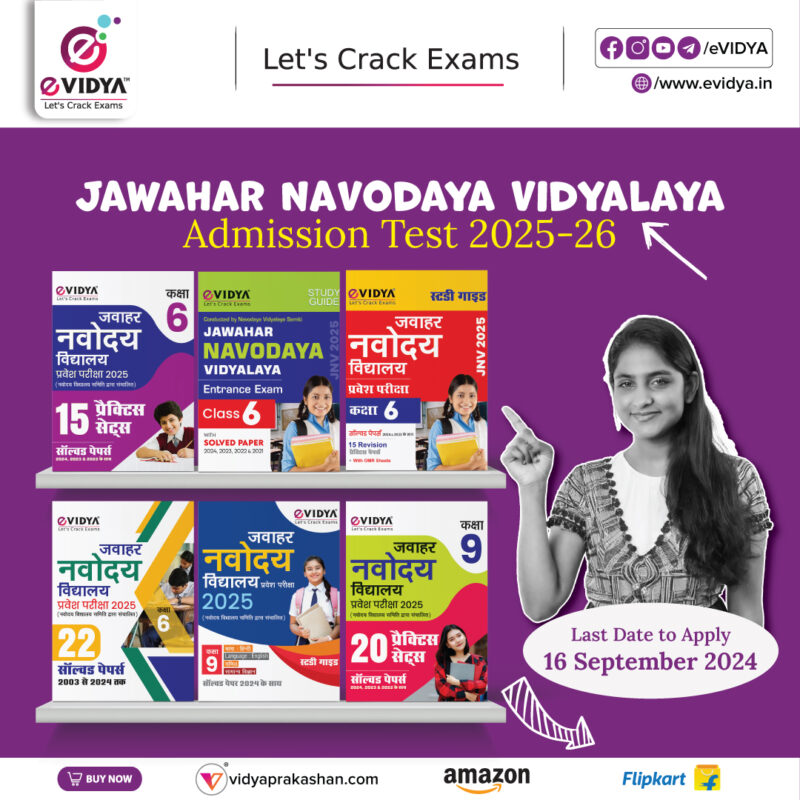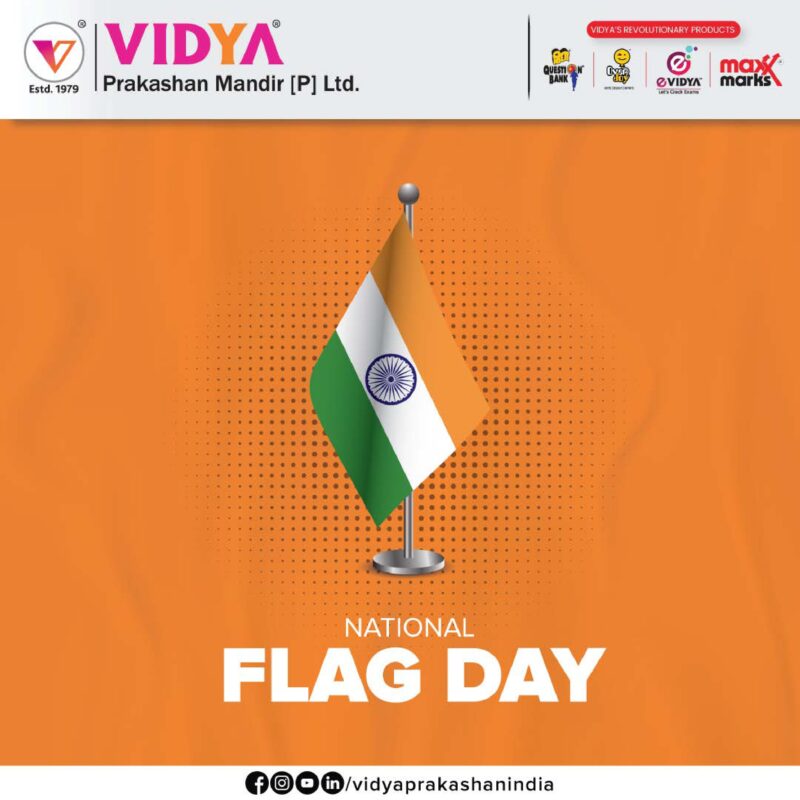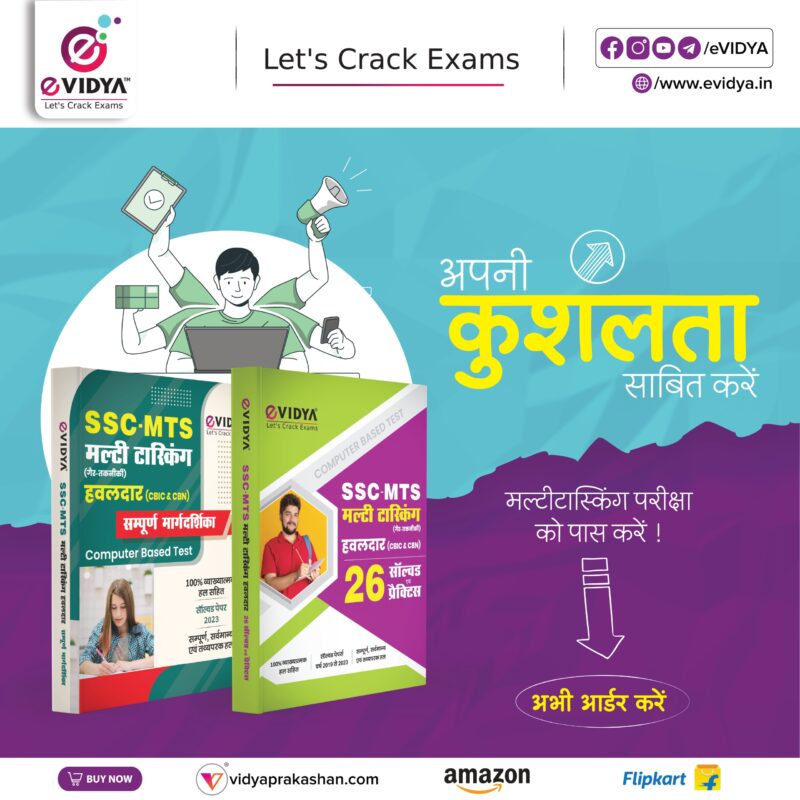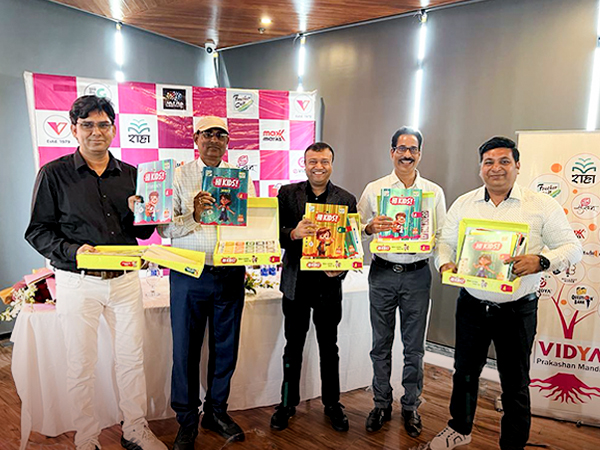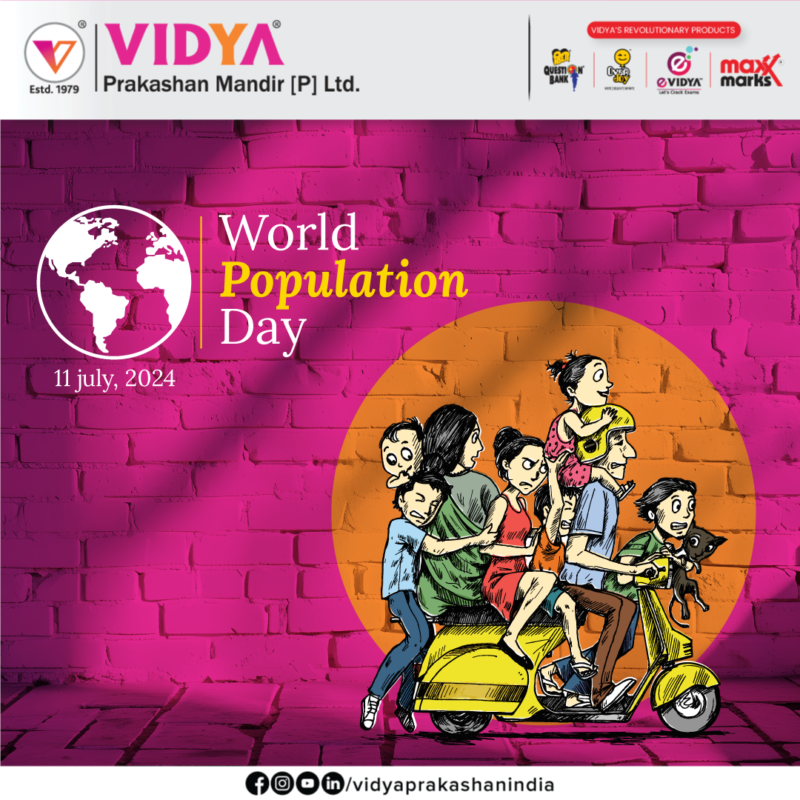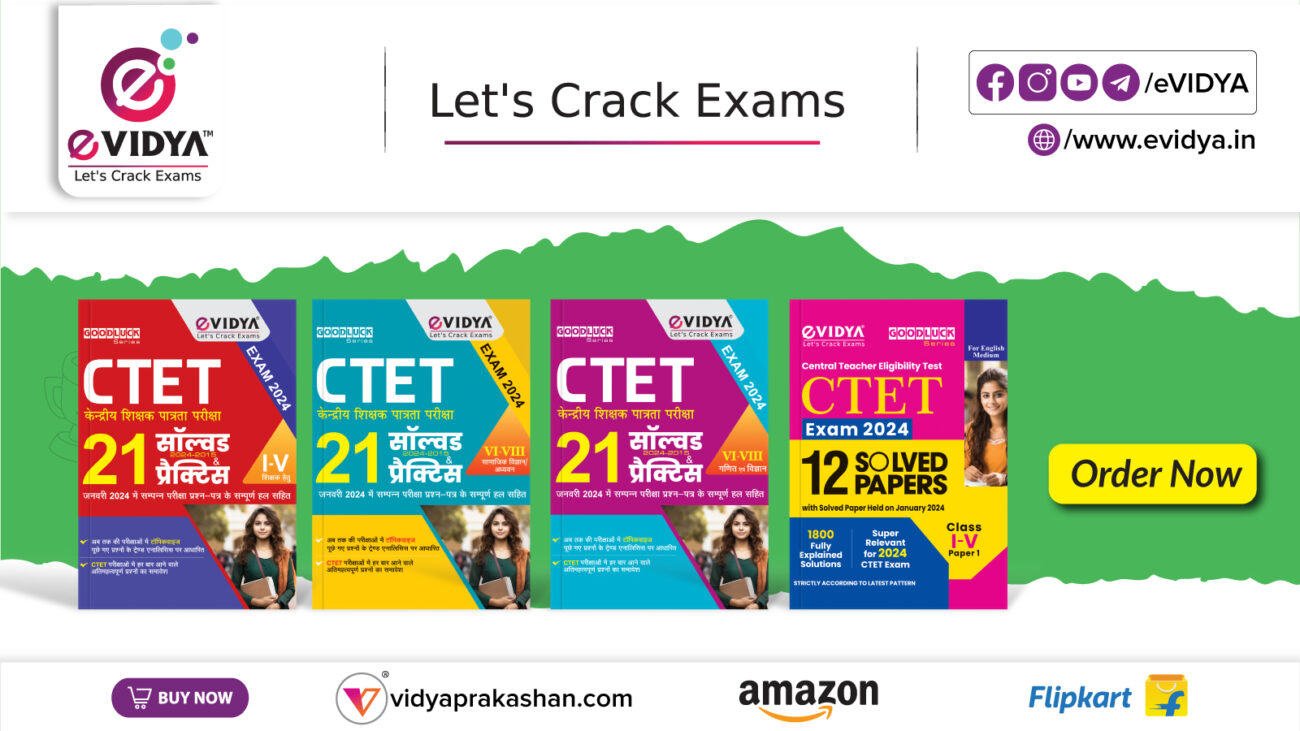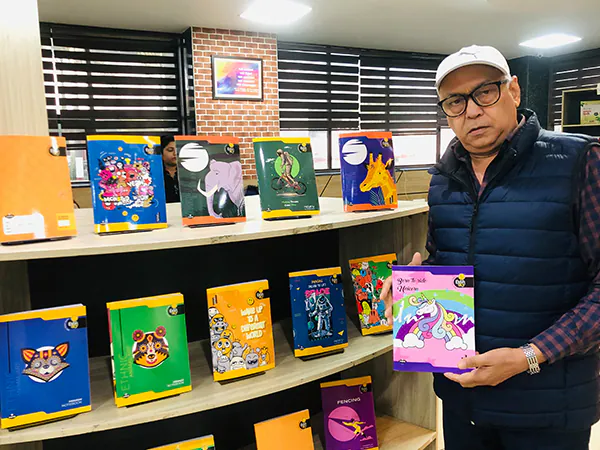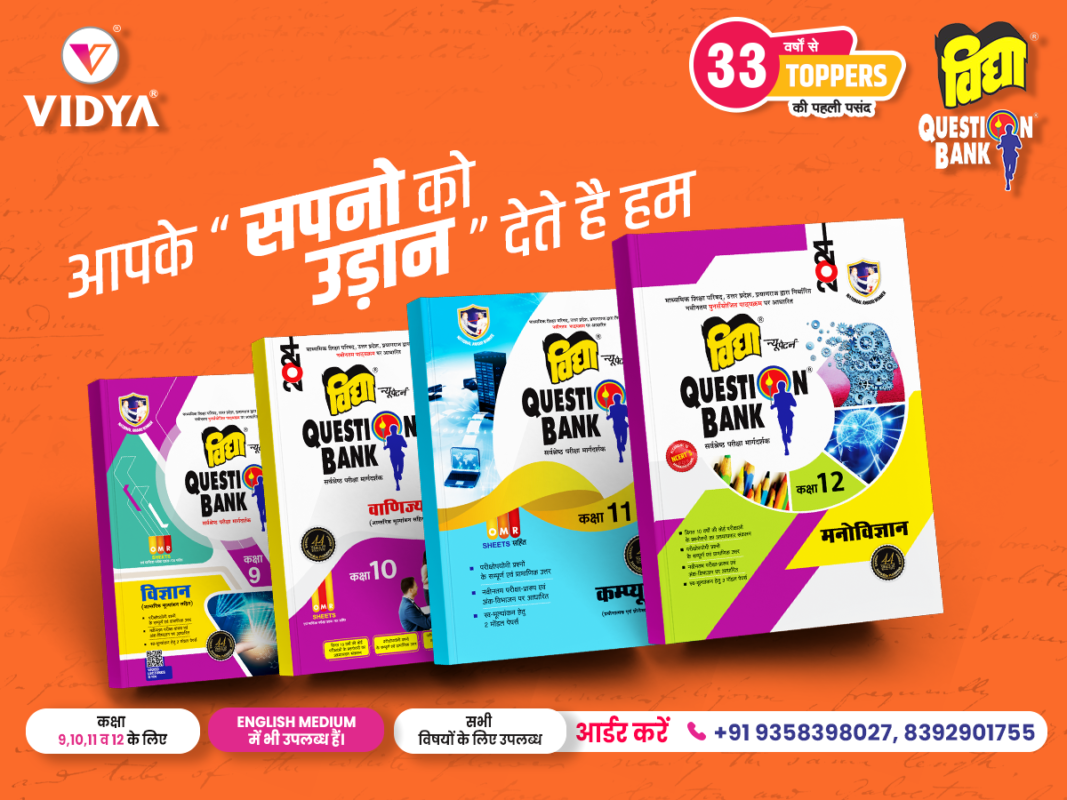Gopal Krishna Gokhale was a great social reformer and educationist who provided exemplary leadership to India’s freedom movement. Gopal Krishna Gokhale was a great social reformer and educationist who provided exemplary leadership to India’s freedom movement.

Facts About Gopal Krishna Gokhale
- Gopal Krishna Gokhale was born on 9th May 1866 in Kotluk village in Maharashtra.
- Gopal Krishna Gokhale was moderate.
- Gokhale worked towards social empowerment, expansion of education, and struggle for freedom in India for three decades.
- He rejected the use of reactionary or revolutionary ways.
- Between 1899 and 1902, he was a member of the Bombay Legislative Council followed by work at the Imperial Legislative Council from 1902 till his death (1915).
- At the Imperial legislature, Gokhale played a key role in framing the Morley-Minto reforms of 1909.
- He did not believe in radical demands altogether and wished for peaceful and non-confrontationist methods to acquire rights and privileges from the government.
- He was voted to the Legislative Council of Bombay in 1899, and also to the Governor-General’s Imperial Council in 1901.
- He established the Servants of India Society in 1905 for the expansion of Indian education.
- He was also associated with the Sarvajanik Sabha journal started by Govind Ranade.
- In 1908, Gokhale founded the Ranade Institute of Economics.
- Bal Gangadhar Tilak called him ‘Diamond of India.’

Involvement in Political Activities of Gopal Krishna Gokhale
- In 1889, Gokhale joined the INC motivated by his mentor, social reformer M G Ranade.
- He fought along with a host of other leaders and reformers for more political rights for the Indian people.
- This is where he came into conflict with the extremist faction of the INC, especially Bal Gangadhar Tilak.
- He was elected as Honorary Secretary of the Sarvajanik Sabha, Pune in 1890.
- In 1893, Gokhale became the Secretary of the Bombay Provincial Conference.
- In 1895, he served as the Joint Secretary of the INC along with Tilak.
- Gokhale believed in working with the colonial government to bring about social reforms in society.
Revolutionary Changes brought by Gopal Krishna Gokhale
- In 1905, Gokhale established the Servants of India Society for expanding education to Indians. He wanted Indians to receive an education that would instil in them a civic and patriotic sense of duty.
- As part of the Society’s activities, he arranged mobile libraries and schools. He also gave night classes to industrial workers.
- He was a renowned Economist and his speech on a budget in the Central Legislative Council portrayed his sound and thorough statistical skills.
- Gopal Krishna Gokhale played a major role in the Morley-Minto reforms.
- In 1908, Gokhale founded the ‘Ranade Institute of Economics’. He discouraged the untouchability and caste system, pleaded for the liberation of women and supported the cause of female education.
- Gokhale visited Mahatma Gandhi in South Africa in 1912 at the latter’s request. He famously mentored the father of the nation, who returned to India at Gokhale’s request.
- In Gandhi’s autobiography, he writes of Gokhale, “pure as crystal, gentle as a lamb, brave as a lion and chivalrous to a fault and the most perfect man in the political field.”Gokhale also started newspapers, ‘Mahratta’ and ‘Jnanaprakash’.
Gopal Krishna Gokhale Books
- Speeches and Writings
This book is a collection of Gokhale’s speeches and writings, political thoughts and ideology.
- Poverty and Un British in India
This book critized British policies in India. It describes for the need of greater Indian representation.
- Speeches and Documents on Indian Policy from 1750 to 1951
It collection of speeches and documents related to Indian policy from 1750 to 1921.
- Indian Education
Gokhale argued for a comprehensive system of education in India and insisted to promote literary, scientific and technical education.
- The Dual Government
It analyzed the relationship between the British government and the Indian people.



 CBSE Textbooks
CBSE Textbooks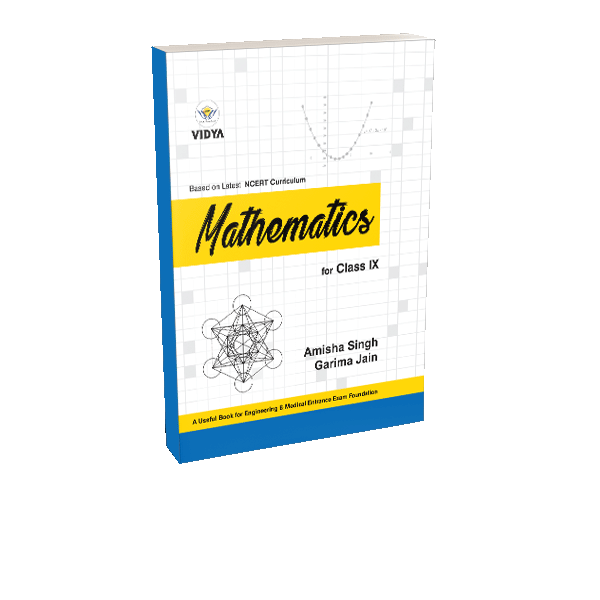 CBSE Text Books 9 & 10
CBSE Text Books 9 & 10 CBSE Text Books 11 & 12
CBSE Text Books 11 & 12 CBSE Safal
CBSE Safal CBSE Lab Manuals
CBSE Lab Manuals
 eVidya Books
eVidya Books Vidya Books
Vidya Books
 UP Board Textbooks
UP Board Textbooks UP Text Book Class 9
UP Text Book Class 9 UP Text Book Class 10
UP Text Book Class 10 UP Text Book Class 11
UP Text Book Class 11 UP Text Book Class 12
UP Text Book Class 12 Complete Course Books
Complete Course Books Complete Course Class 9
Complete Course Class 9 Vidya Digest Series
Vidya Digest Series Digest Class 10
Digest Class 10 Digest Class 11
Digest Class 11 CCSU B.Ed Year I
CCSU B.Ed Year I CCSU B.Ed Year II
CCSU B.Ed Year II MJPU B.Ed Question Bank
MJPU B.Ed Question Bank

